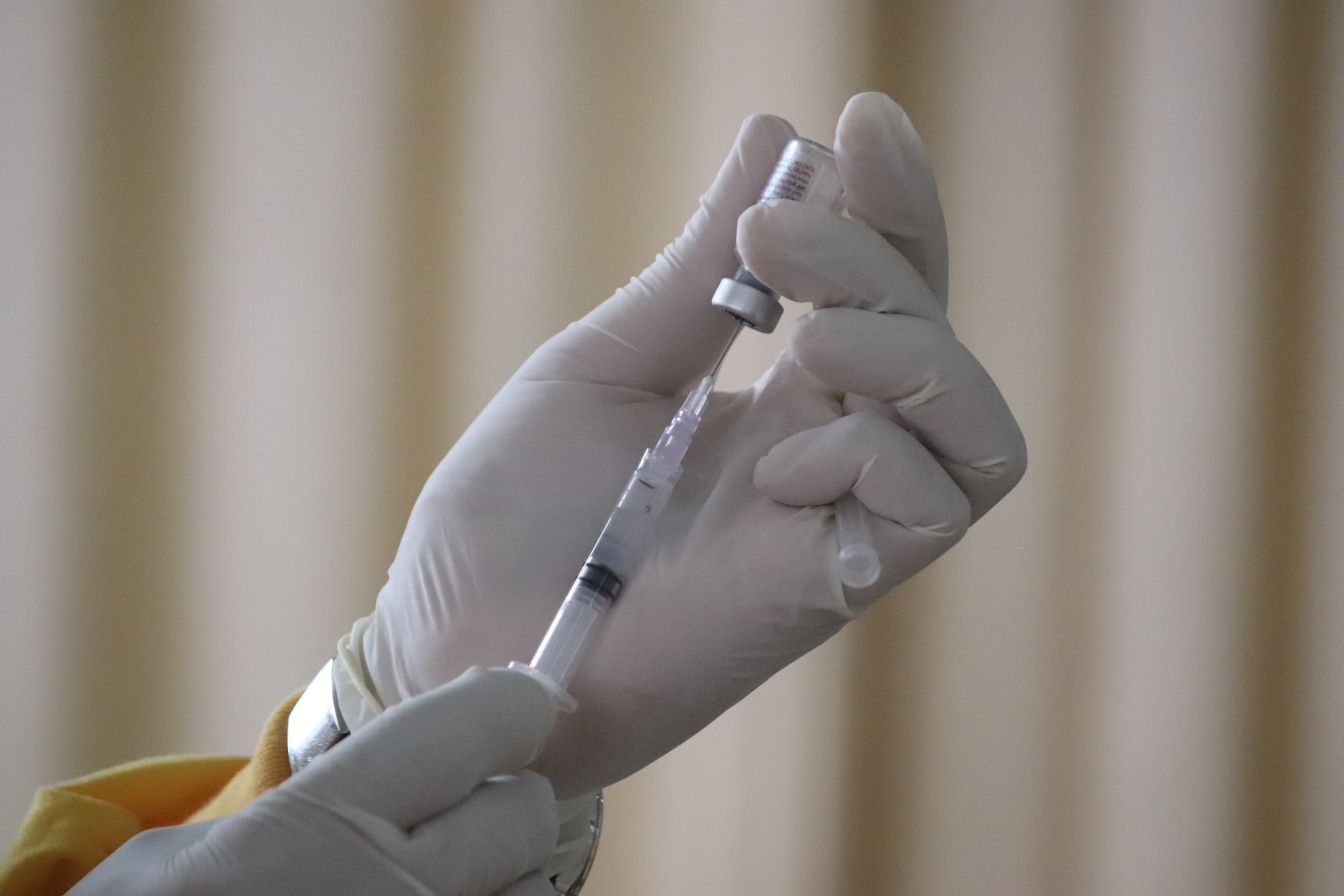COVID-19 – Vaccination for Indonesian elderly only reaches 43 pct of target

Jakarta (Indonesia Window) – The vaccination against COVID-19 for the elderly in Indonesia has so far only reached 43 percent of the target of 21.5 million people, the Ministry of Health’s spokesperson for the COVID-19 vaccination Siti Nadia Tarmizi said.
Meanwhile, the COVID-19 vaccination target other than the elderly group is only 40 percent left of the target, Nadia told a virtual discussion here on Thursday (Nov. 11).
She pointed out that until now only 9.3 million elderlies have received the first doses of the COVID-19 vaccines. In fact, patients over the age of 59 have the potential to suffer from COVID-19 with more severe symptoms and deaths.
“We hope that at least the first shots for the elderly will complete until the end of December 2021,” Nadia said.
The rate of the first doses in the elderly group reaching 50 percent of the target was recorded in the provinces of Jakarta, Bali, Yogyakarta, and Riau Islands. Meanwhile, in other areas, vaccination in this group has only reached 30 percent or less, of the target.
Aceh, West Sumatra and Papua provinces have very low elderly vaccination rates, which below 20 percent, Nadia said.
According to her, the low vaccination rate for the elderly is caused, among other things, by such invalid information as an idea that those who have some comorbidities should not be injected as it would cause side effects.
“This makes the elderly hesitate to be vaccinated,” she said.
In fact, the Indonesian government has secured vaccine stocks for the elderly because this group is a priority for vaccination.
The vaccination for the elderly has begun since March 2021 when younger people have not had access to vaccinations.
An internist, Dirga Sakti Rambo, said the elderly need to be convinced by their own groups that the COVID-19 vaccine is not harmful, even for those with chronic diseases.
“People with any disease, including such chronic diseases as blood sugar, heart disease, high blood pressure, and cancer, could be vaccinated as long as their diseases are under control. This means that patients do regularly go to the doctors, have no significant complaints, and have recommendations from their doctors,” he said.
Reporting by Indonesia Window










